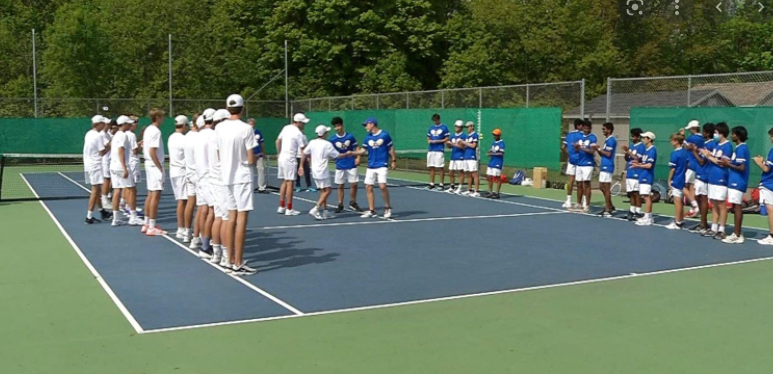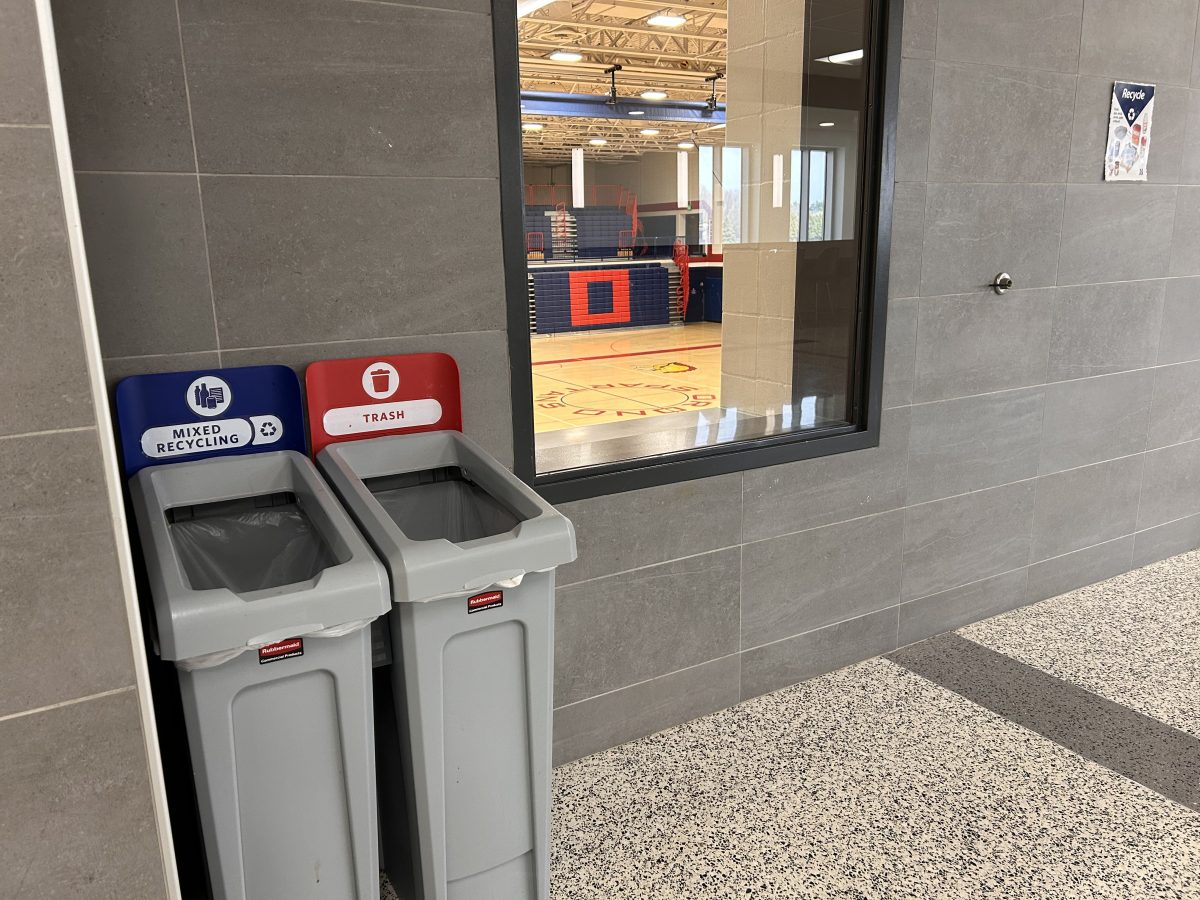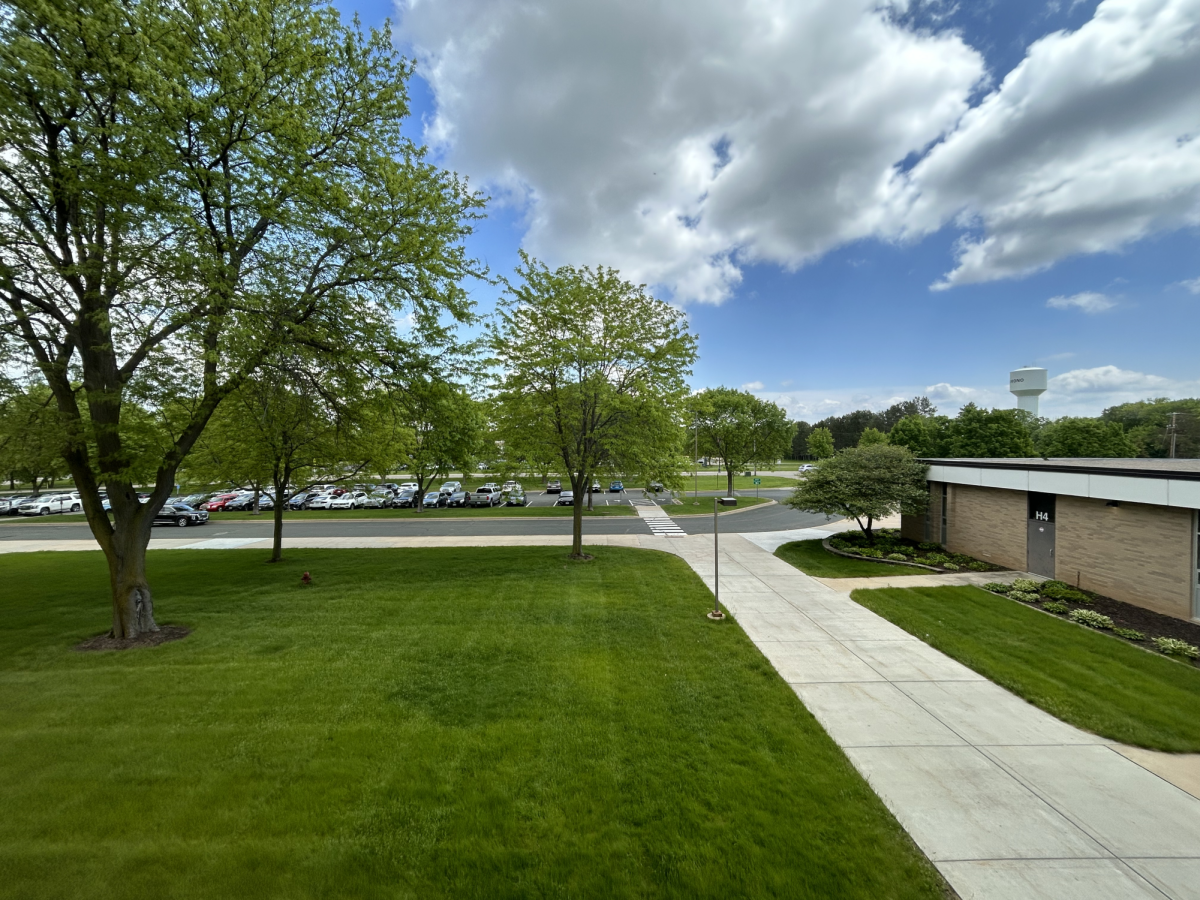It is obvious that teachers have an effect on students, but many do not know what happens when the great teachers stop teaching great classes, and how it affects both the students and the teachers.
It seems that each year, more and more classes have different teachers than they have had in previous years, mostly in the English department, but occasionally in the other core subjects. This year specifically, many classes in the English department got new teachers, which has caused a lot of confusion and disappointment among students. They are confused as to why teachers that they had looked forward to having are now no longer teaching the class they signed up for.
The reason behind the problem is actually quite simple.
“Every year we sit down as a department and we look at: how many kids are requesting different courses? We try to find a nice balance so everybody gets something they want to come here and teach and are excited about and then everybody takes on teaching courses that need to be shared,” English teacher Jen Ivers said.
Though the reasoning is simple, taking on a new class is hard for teachers. It takes a lot of work to brush up on topics a teacher has not been familiar with since college. There is also the process of organizing the new material into a way that makes sense for them, which can be draining.
Luckily, there is a practice that makes it easier.
“Predominantly, when we take on a new course, you are paired with somebody who has taught that class before,” Ivers said.
On top of that, most teachers get resources from the past teacher.
“Anytime you’re switching and taking on a new class, there’s a lot of work just in the organization, even if it’s been taught before, and you have a lot of resources, there’s a lot of work that goes into it,” Science teacher Thomas Borrell said.
For Borrell, the situation is a little different. He took on a new class he had not taught since earlier in his career in the middle of the year.
“Additionally, picking up a class in the middle of the year with two weeks notice is even exceptionally harder. On top of it, it’s an AP level course. So it was a pretty big ask to take it over. But also, I kind of knew that I was the best fit. And I could really probably do the best job for students. So I was sort of willing to do that for the school and students,” Borrell said.
Although it takes energy and work to teach a new class, some teachers enjoy the challenge because it can help bring new information that maybe a teacher who has been teaching a class for their whole career cannot bring.
“I think there’s benefits and there’s drawbacks. I think it’s good to have fresh eyes on the curriculum. Then the drawbacks, it’s extra work right or it could feel like extra work,” Ivers said.
On the other hand, it can sometimes be good to have an “expert” teaching certain subjects, because they are more set in stone and less subjective.
“It helps teachers keep fresh perspectives, it keeps adding things in. But also, when a teacher is teaching a class for a long time, they become really good experts in that area. And they can really anticipate a lot of student problems and kind of head those off,” Borrell said.
Being prepared to teach a new class is not everything, teachers can affect more than just a student’s knowledge. According to a Brookings blog, a reinforcement cycle is created by the expectations from a teacher; if they have good beliefs about a student, that student’s growth is shaped.
Furthermore, an article on Edutopia says that people learn better in a positive environment compared to a negative one, and that environment is created by teachers. Lastly, a statistic from Rand Education and Labor says that teachers have three times the effect on student success than any other school related factor.
“I think what that boils down to is whether the teacher is passionate about what they’re teaching and whether or not they’re engaging. And I think that students, when they feel seen and when they feel recognized by their teachers, and when they feel like they are part of an electrical fire classroom, they are likely to do better regardless of whether or not they like the subject matter,” English teacher Kelise Balon-Peck saids.
Overall, it seems that teachers agree that switching classes is hard work, it takes a lot to prepare for, and there are pros and cons, but what really matters is the teacher themselves. But what do the people affected the most by teachers have to say?
“I think that switching classes for the most part is kind of dope, but I feel like you need to know what you’re teaching,” Senior Lauren Dock said.
But some disagree. When asked if she thinks teachers should continue to switch classes, Sophomore Julie Metcalf says, “No.”

































